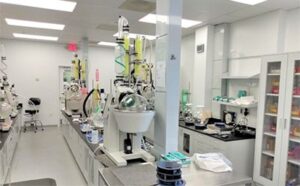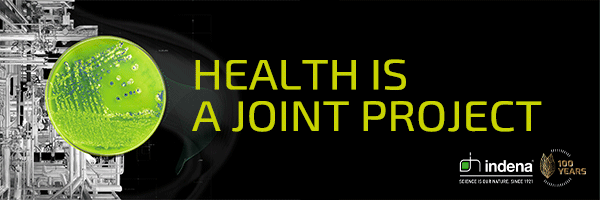Pharmaceuticals
Merck Announces Expansion of Stable Isotope Center of Excellence in Miamisburg, Ohio, USA 13th January 2022

Merck, a leading science and technology company, today announced the expansion of its Stable Isotope Center of Excellence in Miamisburg, Ohio. The expansion reinforces the company’s continued commitment to this category of products, which demonstrate growing utility in key diagnostic, industrial and research applications. The new infrastructure increases production capacity of the GMP-grade urea-13C Active Pharmaceutical Ingredient (API) used by Urea-13C Breath Test (UBT) kit manufacturers by more than 50%.
“As a key hub for Urea-13C production, the expansion at our Stable Isotope Center of Excellence represents an important advancement in supplying this active ingredient for kits used to diagnose stomach ulcers and certain types of stomach cancer. Investing in advancing and accelerating the base for such innovation, as well as offering regulatory support to our customers, is key to meet growing global demand,” said Klaus-Reinhard Bischoff, head of Research Solutions, Life Science business sector at Merck.
The Urea-13C Breath Test is a simplified way to detect Helicobacter pylori, a type of bacteria that has been linked to the development of such diseases. While other techniques such as histology, microbiological culture, and polymerase chain reaction tests rely on endoscopy, the Urea-13C Breath Test is a non-invasive test. Unlike the Urea-14C Breath Test, it is based on the non-radioactive Carbon-13 stable isotope. The Urea-13C Breath Test can be used in routine clinical environments, such as clinics and physicians’ offices, detecting only active infection for a more accurate diagnosis.
Current research in cancer diagnostics and treatment monitoring, trauma detection, and in metabolic pathway mapping may give rise to new applications for 13C-based diagnostic agents.


